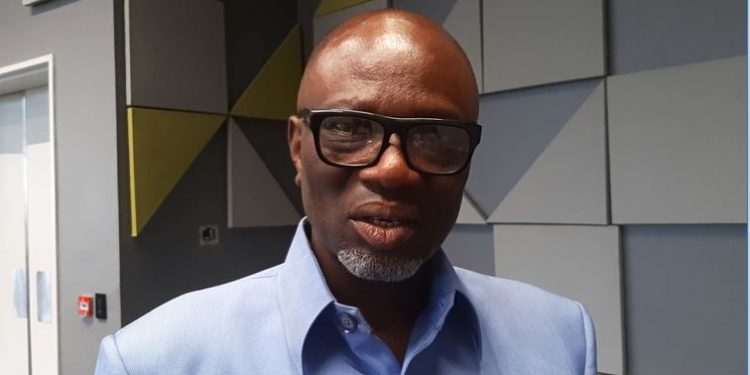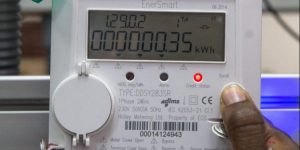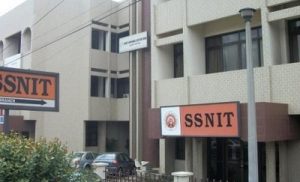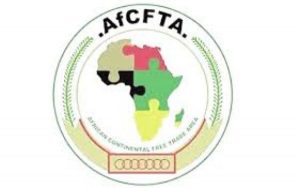The Ghana Union of Traders Association (GUTA) has urged the government to ensure that the economic stability gained in 2023 is strengthened in 2024.
That, Dr Joseph Obeng, President, GUTA, said, would help make businesses buoyant and expand to employ more youth, which would ultimately bring relief to Ghanaians.
He said this in an interview with the Ghana News Agency on Wednesday, January 3.
He said once there was economic stability, traders would pass on the gains to consumers by making things in the market affordable.
“The 26.4 per cent inflation rate for November 2023 should not only be maintained, but improved, and the stability of the local currency sustained,” he said.
He said the business community would not want to experience the conditions of businesses in the last quarter of 2022, “because 2023 was comparatively good, as the currency was fairly stabilised and inflation reduced.”
“When that happens, businesses will recover speedily from the losses from the previous years, then we’ll boom and transfer the gains through the pricing we make, then the consumer can also have some respite,” he said.
Dr Obeng also urged government to increase efforts in getting the second tranche of US$600 million from the International Monetary Fund (IMF) to support the stability process.
“We’re hoping that the second tranche of the IMF money will also come through to sustain the stability,” the GUTA President said.
He called for a conscious effort to invest and ensure that industries operated in an environment that would make them produce more at affordable prices and competitive for both local consumption and export.
Dr Obeng said achieving that would require that taxes were made business-friendly, and mechanisms put in place to reduce the cost of doing business in the country.
In addition to that, there should be retention policies to control repatriation of profit by foreigners in the Ghanaian oil and gas, mining, and communication industries, he said.
“We can keep about 40 per cent in the country as equity so that they don’t sell all their money away. When we do this, we would be able to control the depreciation of the Cedi as well as inflation,” he noted.
On the upcoming General Election, he advised the government to “be mindful that 2024 is an election year, therefore, we must control our expenditure. If we’re unable to do that, we shall experience a much bigger problem.”







